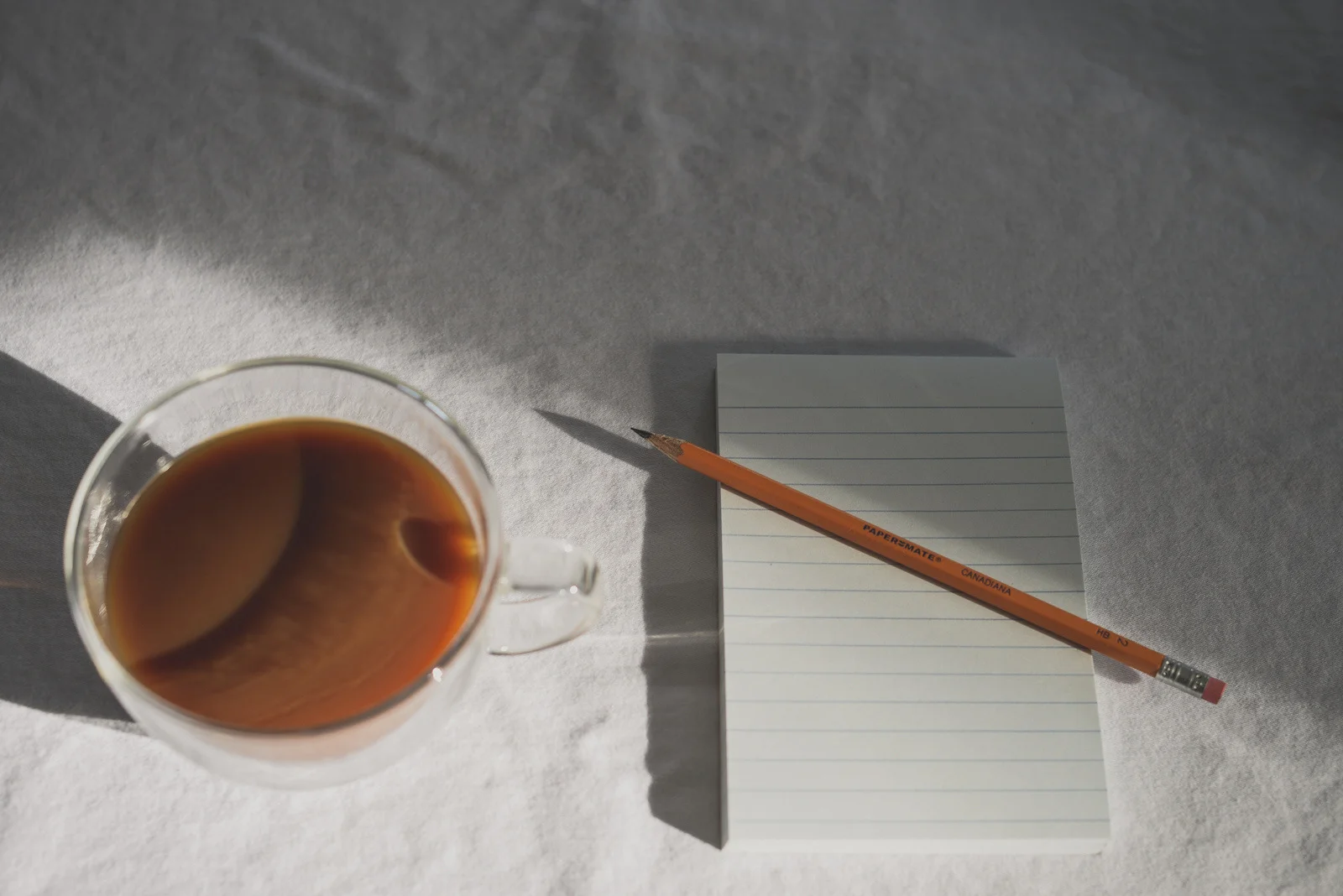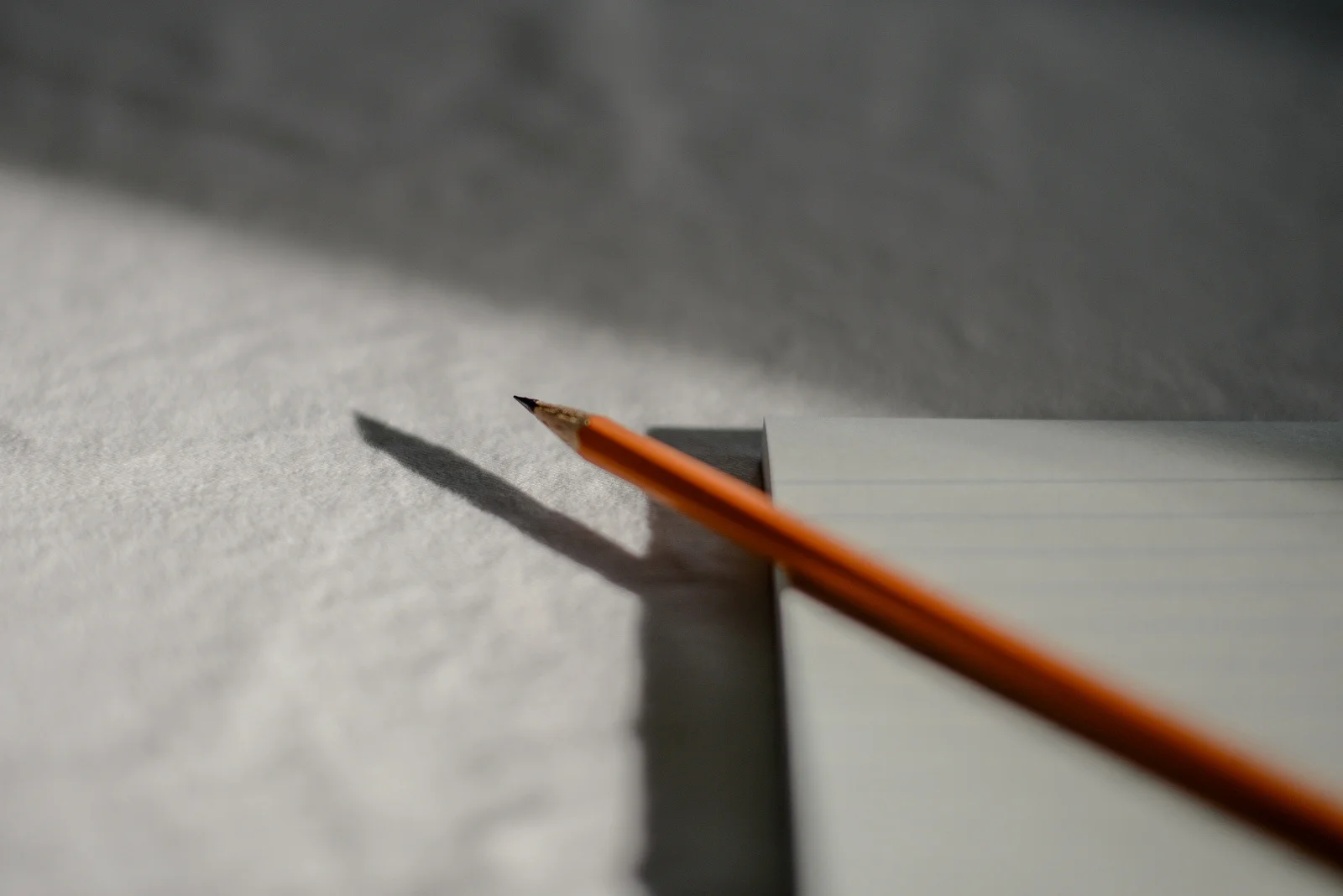If Your Enthusiasm Wanes
I continue to believe that the only writing advice anyone needs was written in the 7th century, and which was quoted by Annie Dillard in her book For the Time Being.
“Work, work!...Work! Don't waste a moment...Calm yourself, quiet yourself, master your senses. Work, work! Just dress in old clothes, eat simple food...feign ignorance, appear inarticulate. This is most economical with energy, yet effective.”
– 7th Century Chinese Chan Buddhist master Hongren
However, if your enthusiasm in your task begins to slip from you, begins to wane, read someone who is in the throes of enthusiasm for same. When I want to renew my faith in writing, I'll pick up a book by C.D. Wright – Cooling Time or The Poet, the Lion, Talking Pictures, etc. If Mary Oliver is someone who originally inspired you to write, now is the time to read more deeply. Read the poets Oliver reads. Read Jane Hirshfield. Continue. One writer will lead you to another. Let them. Follow them.
Have you read the marvellous essay on Raptitude titled “Go Deeper, Not Wider” that went viral not long ago? I think those people that are “successful” in the arts know to do this instinctually. The author proposes the idea of a “depth year” which could really be extended to a life lived digging deeper, tunnelling into the work, as Woolf says in her diary.
If you want to write a book of poetry, you must put pencil to paper. But you must also read deeply. It's not unreasonable to suggest that you should read at least a book of poetry a week. Perhaps two. The library will be your friend in this task. At the end of a depth year, you will have read at least 52 books of poetry. Perhaps 100. If you wish to write a book of essays, you should read hundreds of essays.
I think novelists probably read a novel a week, too. My own reading is all over the place, but I probably manage to read a few books every week, including poetry, essays, novels. I will also read non-fiction books on photography, on art, on writing, on whatever strange subject I happen to be writing about. When I was writing Rumi and the Red Handbag, for example, I read about the philosophy of the soul, I read about the history of handbags, I searched for literary references of purses, I read books about Amsterdam. I went in, I went deep.
All the while I'm writing. I'm writing in my diary, on this blog, I'm writing my novel. I'm writing an essay that I've been asked to write. I'm filling up notebooks, I'm scratching things out on sticky notes. I think of my daughter who is at college studying animation who alongside her regular homework and studies, fills up sketchbooks, too, with ideas, doodles, warm-ups, practice drawings. Her hand is always moving, and her wrist gets sore.
My husband, Rob, has been painting for over 30 years. All the while he's looking at contemporary art, he's reading art magazines, the latest books, and he's revisiting the history of art, his favourites, Caravaggio, de La Tour, dozens more. After a day of painting which begins often at 6am and ends at 4pm, you'll see him relaxing in a chair by the fire looking at a book on the work of Caravaggio or Lucian Freud. When we've been lucky enough to go on holiday, it's to a city with art museums. He spends hours pouring over the brushstrokes of others.
I have always wanted to take a pottery class. No lie. And you're thinking, maybe, oh! you should, you should. But no. No. I have limited my creative life to writing, to reading, and to taking photographs. If I were to go any wider, I would lose the deeper.
Sometimes I think I already go too deep, writing this blog, and taking photos, when I should be writing, writing, writing.
What is my one true calling? I ask myself. To perceive. And so I allow the photography, because it's part of that practice.
Turning to C.D. Wright in Cooling Time. She says:
“As in all callings, poetry secures a kind of ecstasis. There may be a wiser vantage, but we haven't discovered one yet. Perception leads to further perception. Perceive. Perceive. “See what the grass would see if it had eyes,” writes Oppen.”
What I'm trying to say here is that there is no secret to making art of any kind. Or if there is, the secret is: work, go deeper. Drink deeply of the stuff that calls to you. Don't look away from what you love.








